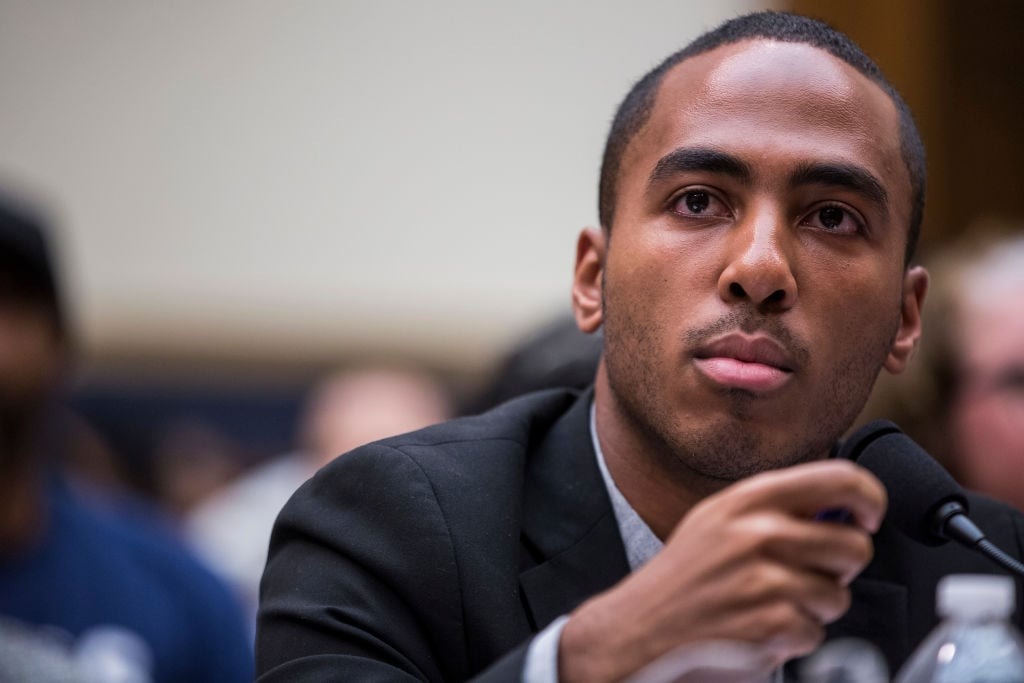On ABC’s “The View,” Coleman Hughes, a CNN contributor, found himself at the center of a heated debate last week. Hughes was there to discuss his new book, which advocates for a “colorblind America” and argues against race-based policies as a means to combat racism in the United States.
His perspective is that socioeconomics, rather than race, should be the primary focus in identifying and assisting the disadvantaged within the country. This view, Hughes believes, would provide a more accurate representation of who truly needs support.

Coleman Hughes (Credits: Above The Law)
Despite the audience’s positive reaction to Hughes’ summarization of his book, co-host Sunny Hostin quickly challenged him. She contended that his stance was “fundamentally flawed,” pointing to the economic disparities between white and black households as a reason for the necessity of race-based initiatives.
Hughes countered by referencing Martin Luther King Jr.’s vision, suggesting that a focus on class-based solutions would naturally benefit blacks and Hispanics due to their disproportionate poverty levels.
The conversation escalated when Hostin labeled Hughes a “charlatan” and accused him of being manipulated by conservative agendas, despite Hughes clarifying that he is an independent thinker who has previously voted for Democrats and maintains a stance of political independence across his professional endeavors.

Sunny Hostin VS Hughes (Credits: Decider)
This confrontation sparked considerable attention, leading Hughes to discuss the exchange on Matt Taibbi’s independent Substack and Joe Rogan’s podcast.
Hughes expressed his surprise at the aggressive manner of his questioning and Hostin’s personal attacks, noting that no apology was offered following the incident. Rogan described “The View” in unflattering terms, sympathizing with Hughes’ unexpected ambush on the show.
Hughes reflected on the widespread attention the exchange received, possibly more than any of his previous work. The incident highlighted not just the contentious nature of discussing race and policy in America but also the challenges faced when presenting views that diverge from the prevailing narratives within certain media platforms.























